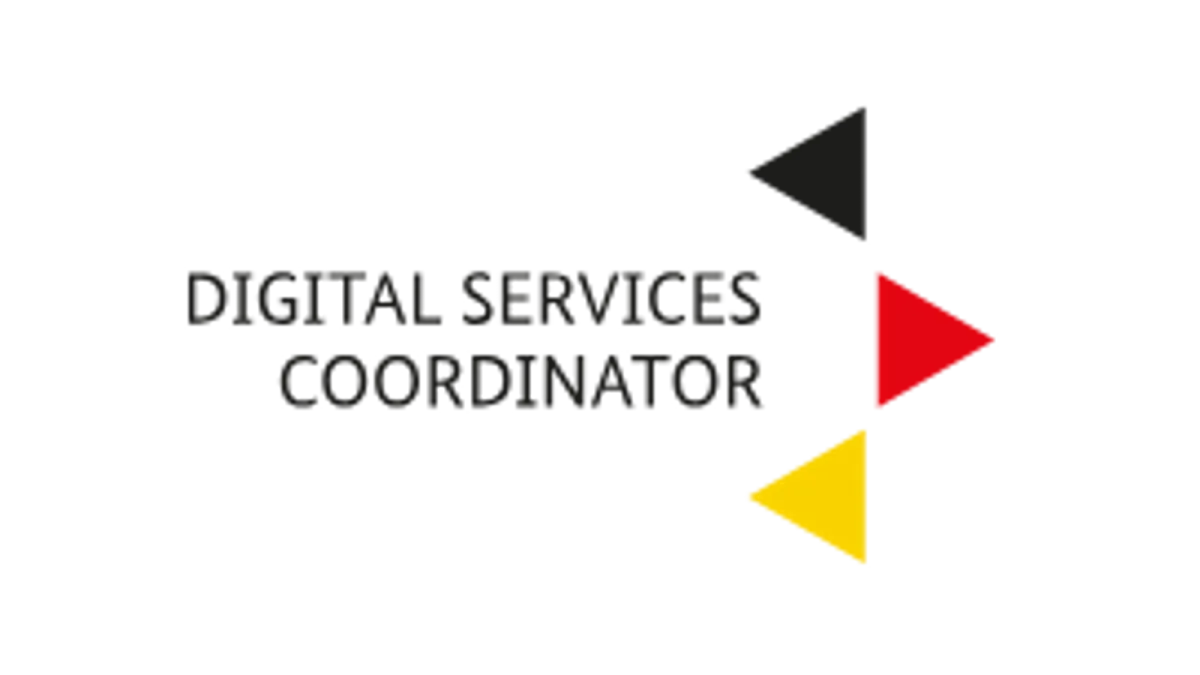
Two significant regulations aimed at improving user experience and fostering fair competition in the digital space came into effect in Germany this week. There are new regulations and a newly established enforcement body, the Digital Services Coordinator (DSC) housed within the Federal Network Agency.
The DSA, a cornerstone of European digital policy, establishes a uniform framework for regulating online services across the EU. The core objective is to create a safer and more accountable online environment by tackling illegal content, disinformation, and the sale of illicit goods.
The Federal Network Agency assumes the critical role of the Digital Services Coordinator (DSC) as per the DSA. The DSC acts as the central enforcement body in Germany, overseeing compliance with the DSA's regulations.
Key Responsibilities of the Digital Services Coordinator
Central Complaint Office: The DSC serves as the central point of contact for users in Germany to register complaints regarding potential violations of the DSA. This may include situations where online service providers create hurdles in reporting illegal content, fail to provide clear justifications for content removal decisions, or lack transparency concerning displayed advertisements.
Focus on Enforcement, Not Content Removal: It's important to understand that the DSC doesn't assess the legality of content itself. This responsibility remains with established authorities and courts. Similarly, the DSC cannot directly remove content, block user profiles, or issue takedown orders.
Collaboration and Focused Action: The DSC collaborates with various entities to ensure effective enforcement. This includes the Federal Center for Child and Youth Media Protection (BzKJ), the State Media Authority of North Rhine-Westphalia, the Federal Commissioner for Data Protection and Information Security (BfDI), and even law enforcement agencies like the Federal Criminal Police Office (BKA). In cases involving providers from other EU nations, the DSC forwards complaints to the relevant DSC abroad.
Fines and Regulatory Power: The DSC holds the authority to impose fines and penalty payments of up to six percent of a provider's annual turnover for repeated and systematic violations of the DSA. Additionally, the DSC plays a supportive role towards the EU Commission in its proceedings against very large online platforms and search engines.
Trusted Flaggers and Dispute Resolution: The DSC is responsible for accrediting organizations that qualify for the "trusted flagger" status. These organizations possess specialized expertise in identifying illegal content and reporting it to online service providers. Providers are obligated to prioritize investigating reports submitted by trusted flaggers. The DSC also plays a role in accrediting dispute resolution bodies that can mediate out-of-court disagreements between users and online platforms.
Research Access and Public Reporting: Researchers can request access to data from very large online platforms and search engines, subject to approval by the DSC. The DSC is also committed to public transparency and will publish regular reports on its activities.
The P2B Regulation and ensuring fairness for businesses
The P2B Regulation, introduced in 2020, focuses on protecting commercial users of online intermediation services, such as online marketplaces, booking portals, app stores, and price comparison websites.
The P2B Regulation mandates increased transparency and information requirements for online service providers. Key requirements include:
- Advance communication of changes to general terms and conditions.
- Disclosure of essential parameters governing ranking algorithms on their platforms.
- Establishment of internal complaint management systems dedicated to addressing concerns raised by commercial users.
- Appointment of mediators to facilitate out-of-court dispute resolution between businesses and online platforms.
The Federal Network Agency takes charge of enforcement
With the enforcement of the DSA and the P2B Regulation coming into effect, the Federal Network Agency takes on the responsibility of ensuring compliance by online service providers. This includes the authority to:
- Initiate proceedings against providers who violate the regulations.
- Issue corrective orders to ensure adherence to the regulations.
- Impose fines of up to 300,000 euros for serious violations.
The implementation of the DSA and the P2B Regulation signifies a significant shift in the German digital landscape. Here's a glimpse into the potential impact:
Enhanced User Safety: The DSA's focus on tackling illegal content and disinformation is likely to contribute to a safer online environment for users.
Fairer Business Practices: The P2B Regulation's emphasis on transparency and fair treatment is expected to create a more level playing field for commercial users of online platforms.
Increased Accountability for Online Service Providers: The establishment of the DSC along with its enforcement powers will ensure that online service providers are held accountable for complying with the regulations.

